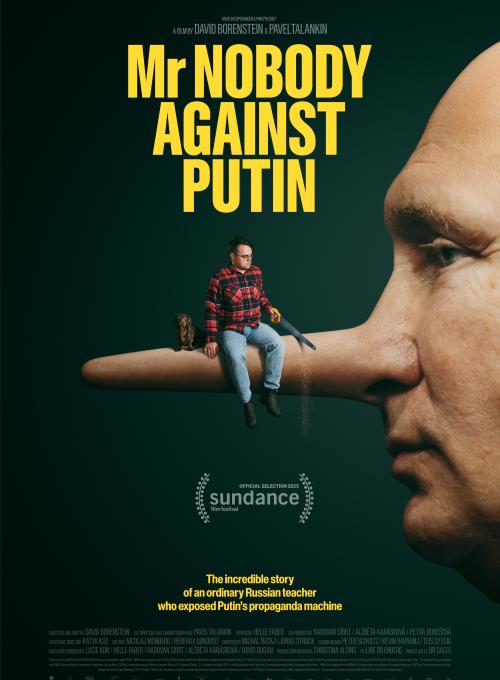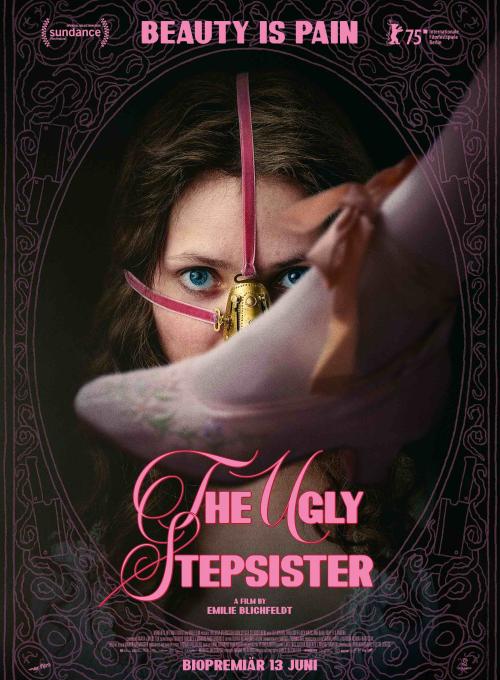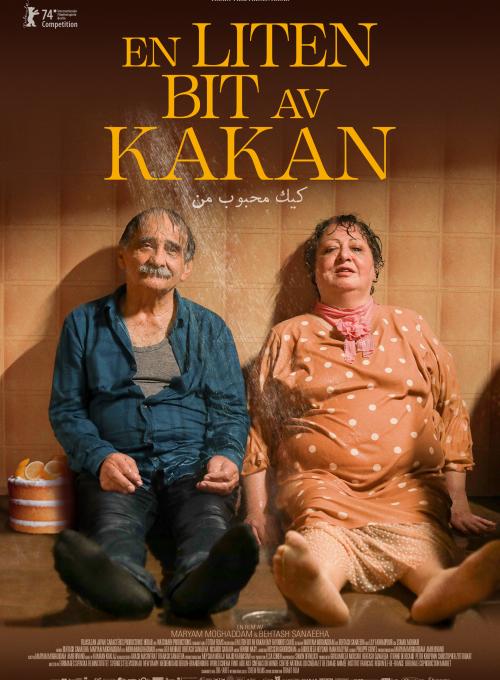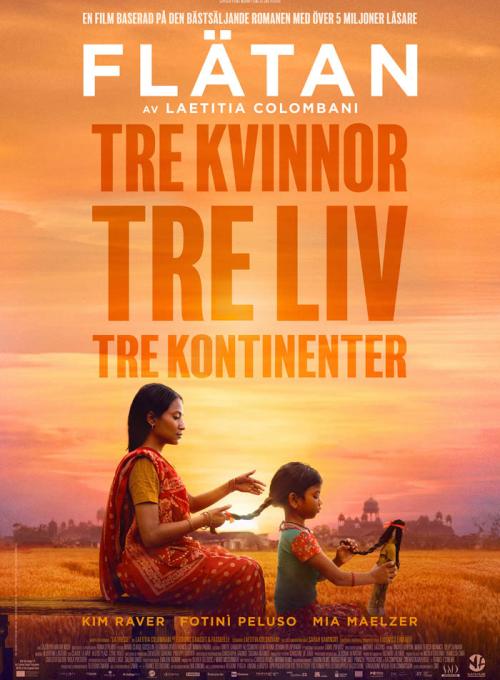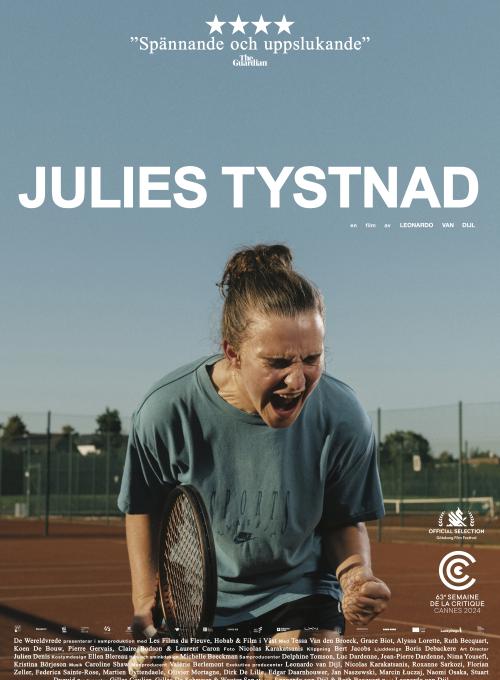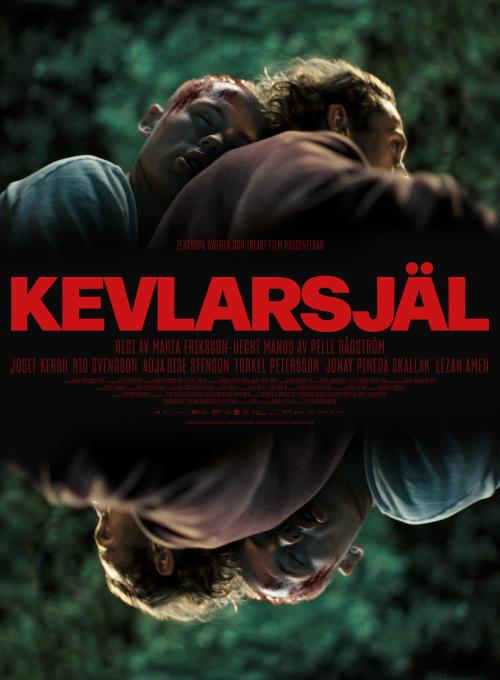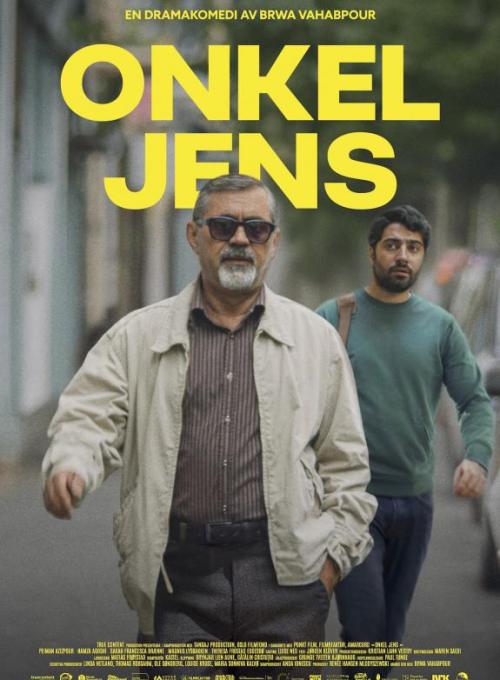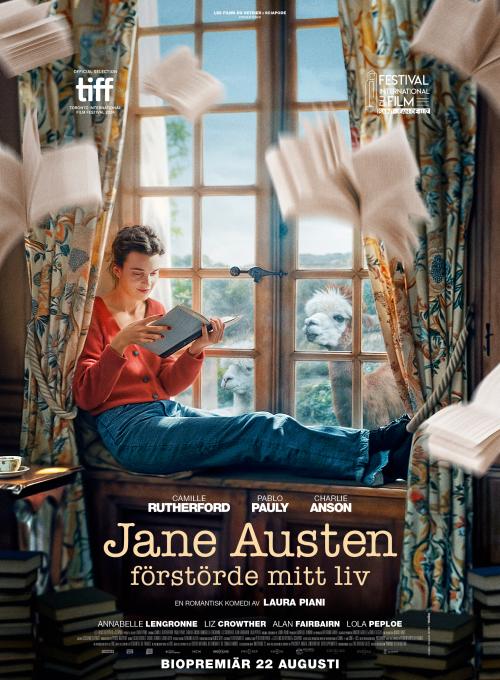



 TRAILER
TRAILERLand
Produktionsår
Premiär
Längd
Genre
Åldersgräns
Distributör
Språk
Textning
Västtyskland
1987
26 feb 1988
128 min
Drama
Från 11 år
Fyrisbiografen
Tyska, engelska, franska, turkiska, hebreiska, spanska, japanskaTyska, engelska...🔍
Engelska
Vi firar European Arthouse Cinema Day 17/11 genom att visa Wim Wenders älskade film Himmel över Berlin från 1987. Ta chansen att se detta odödliga mästerverk på bio!
Damiel och Cassiel är två trenchcoat-klädda änglar som vakar över det krigsmärkta Berlin och tyst tröstar dess invånare i deras svåra stunder. Men när Damiel (spelad av Bruno Ganz) förälskar sig i den vackra franska trapetsartisten Marion, beslutar han sig för att byta sitt stillsamma liv som ängel mot människolivet och dess plågsamma känslor.
Himmel över Berlin belönades med priset för bästa regi vid filmfestivalen i Cannes 1987, och markerade på flera sätt en ny era för europeisk film. Den var också Wenders första tyska film efter åtta år i USA. Manus skrevs tillsammans med nobelpristagaren Peter Handke, vars dikt Lied vom Kindsein ramar in filmen.
Filmmusik av bl.a. Nick Cave and The Bad Seeds och Laurie Anderson.
Visas med engelsk text!
HÄR kan du se hela programmet för European Arthouse Cinema Day på Fyris!
Filmregissören Wim Wenders (Perfect Days, Paris, Texas, Den amerikanske vännen) är en av ambassadörerna för European Arthouse Cinema Day, som arrangeras årligen på initativ av CICAE (International Confederation of Arthouse Cinemas) för att lyfta fram den europeiska kvalitetsfilmen.
Wim Wenders call to Action:
Why We Need (Arthouse) Cinema Right Now
The recent European elections have once again shown us:
We are politically in a precarious situation.
We stare in horror at the election results and seek answers.
Why do so many people follow the empty promises of populists,
why don’t they question what these populists are trying to sell them?
Hasn’t history long since reduced their nationalistic “solutions” to absurdity?
If there is anything that can protect us from cheap and dangerous populism, it is education and culture. An important, but still underestimated by politicians, part of this, are films — stories that tell us about our own and other cultures, life concepts, and experiences. And just as important is the cinema itself as the place where we, together with others, immerse ourselves into those very worlds that help to broaden our horizons and to experience other perspectives, but also history itself.
I am very serious when I say that the role of cinema is still completely underestimated by politics. Film education, in a world dominated by moving images, should have long been an integral part of school curriculums just as visual arts, music, and literature have been for a long time. Adolescents need to master the alphabet of seeing and the grammar of images, for only then can they recognize when they are being manipulated, and nowadays, this happens more through images than words.
The “European Cinema Day” rightly sees itself as the “Global Day of Action for the arthouse movement.” For me, it is the day when we must understand ourselves as cinema activists to collectively advocate across all geographical, political, and social boundaries for the expansion of our horizons and viewpoints: with the intelligent, exciting, and moving stories, and the history that (arthouse) cinema has to offer.
16.08.2024
Land
Produktionsår
Premiär
Längd
Genre
Åldersgräns
Distributör
Språk
Textning
Västtyskland
1987
26 feb 1988
128 min
Drama
Från 11 år
Fyrisbiografen
Tyska, engelska, franska, turkiska, hebreiska, spanska, japanskaTyska, engelska...🔍
Engelska



